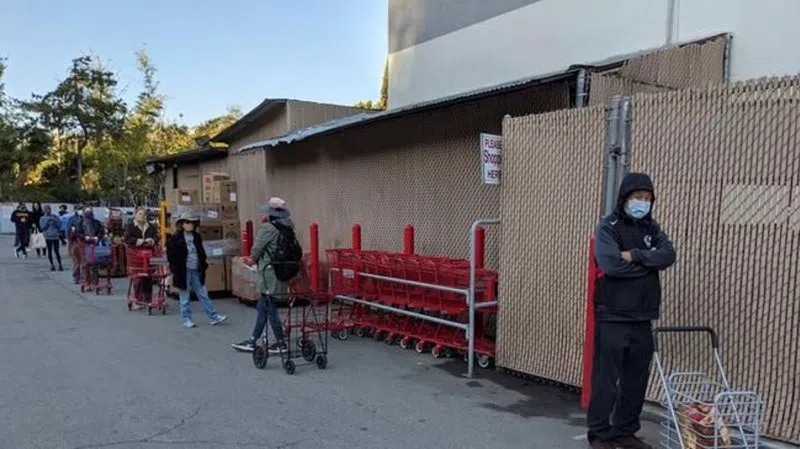
US consumer spending up modest 0.2% in February
WASHINGTON — Americans increased their spending by a modest amount in February but the expectation is that spending will be hit hard in coming months reflecting the shutdown of the American economy by the coronavirus.
The Commerce Department reported Friday that spending edged up 0.2% in February, matching the January gain but below the 0.4% increase in December.
Personal incomes rose a solid 0.6 per cent in February, matching the January gain. Those strong increases are likely to fall-off as millions of Americans lose their jobs although the Senate has passed a $2.2 trillion economic relief package that would cushion the blow by providing checks of up to $1,200 to individuals and expanding unemployment benefits.
The hope is that the relief package, which was expected to clear the House Friday, will keep the economy from falling into a deep recession because of the shutdowns. The Federal Reserve has also moved to slash its key interest rate to a record low near zero and is providing billions of dollars in support to keep credit flowing.


